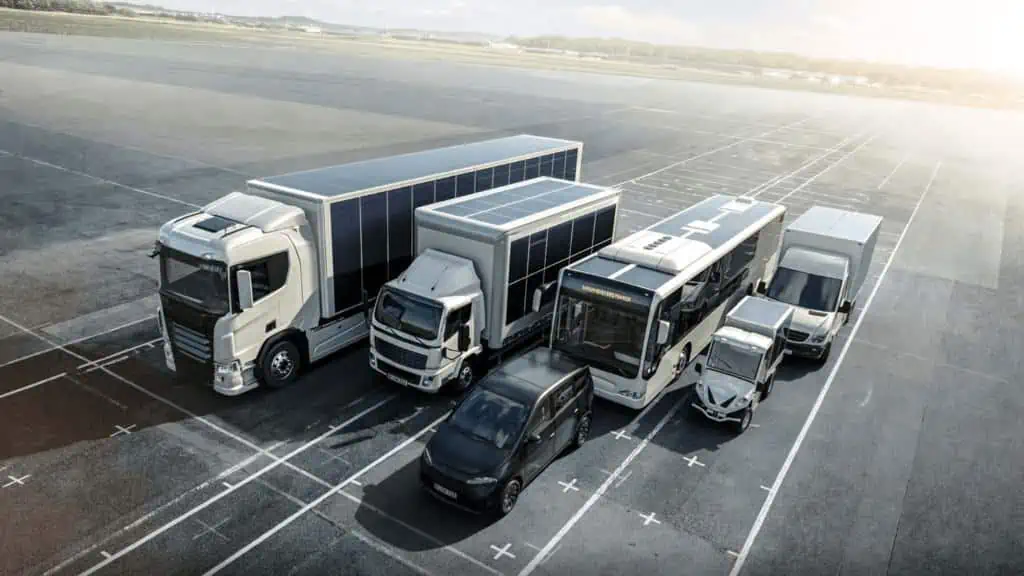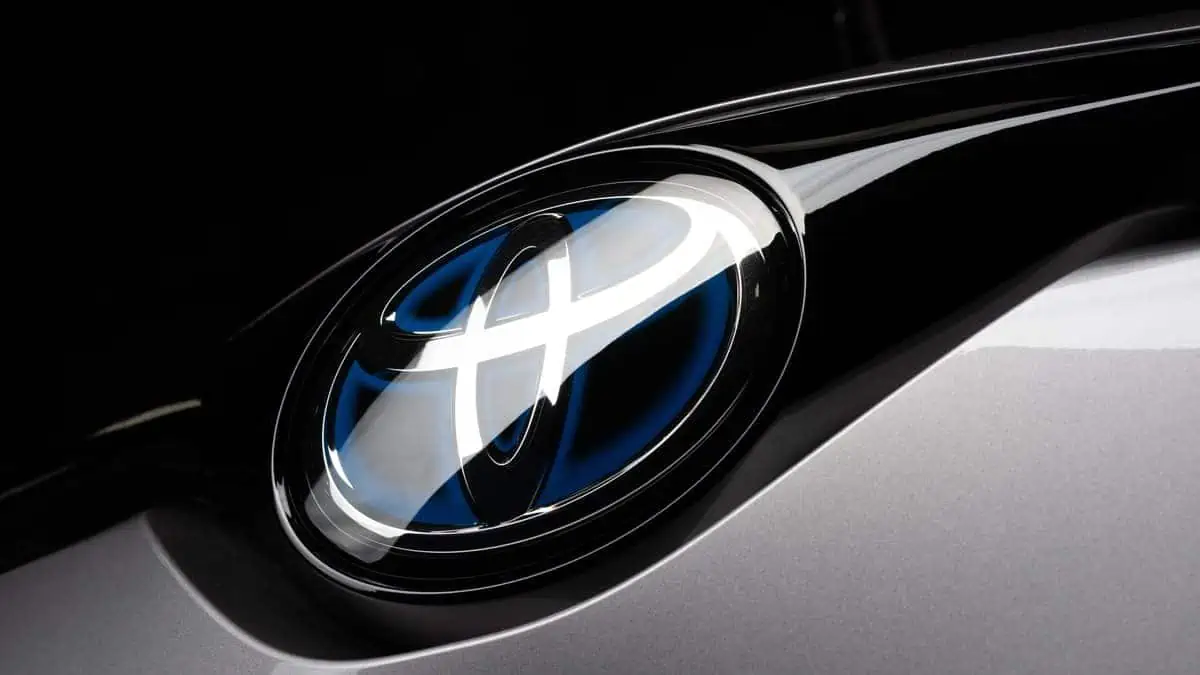Planned to be manufactured in Finland, the Sion electric vehicle uses solar panels to increase its driving capacity by up to 245km weekly.
Sono Motors, a start-up in Germany, has launched the manufactured-ready model of its Sion electric vehicle, set to become the first mass-manufactured and cost-effective solar vehicle on the market.
Sono aims to unveil the Sion in Europe in 2023, bringing the solar vehicle on sale from €29,900 ($AU43,600), which is around €20,000 ($AU29,000)less than the popular Tesla Model 3 electric vehicle (entry-level form).
A total of 456 solar half-cells are produced into the external body panels of Sion, covering everything yet its front and rear bumpers to charge the 54kWh battery pack of the vehicle.
Sono states that solar panels can provide as much as 245km of additional capacity weekly, with a claimed driving capacity of 305km on a single charge.
For days when there is no sunlight, the Sion has an onboard 3.7kW Type 2 AC charger, enabling charging periods under five hours from a ‘wallbox’ in-house or at the workplace.
The Sion can charge up to 75kW using DC fast chargers as well, taking its battery from 10 to 80% charge in a claimed 35 minutes.
Power is distributed to the rear wheels through a 120kW/270Nm electric engine, pushing the Sono Sion onto a claimed maximum speed of 140km/h.
Sion adopts a minimal dashboard on the inside with two individual 10-inch screens for instrumentation and multimedia.
Creature conveniences like climate control and heated front seats are part of the standard equipment lineup of the vehicle.
Manufacturing is scheduled to start in 2023 in Finland, with Sono reporting 19,000 active reservations for its Sion at €2225 ($AU3245) each resulting in a net sales volume of about €415 million ($AU605m).
The Sono Sion might be beaten to market by the Lightyear One as the first solar vehicle to roll off an assembly line. Its competitor aims to put the sleek electric car into manufacturing later in 2022.
Though while the Lightyear One will also be produced in Finland, only 946 vehicles will be manufactured at an asking cost of €150,000 ($AU218,000) each.






